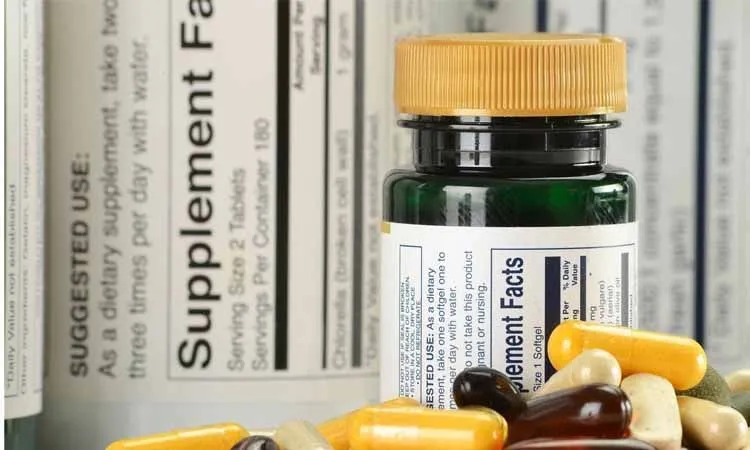It is usually known as vitamin B10, although the ideal way to call it is para-aminobenzoic acid (PABA).
This vitamin is found in different foods, although we generally know it more because it is present in sunscreens.
From here we already draw several conclusions, and that is that this essential nutrient is part of skin health and hair, hence its importance.
In this article, we want to review what the scientific community and the public knows about vitamin B10 (PABA)
Table of Contents
What do we know about vitamin B10 (PABA)?
It is part of the B vitamin group and is known by the acronym of PABA (para-aminobenzoic acid).
However, we do not stop mentioning it as a vitamin, but it is not really classified as such.
Usually, we can find it in brewer’s yeast, certain mushrooms and mushrooms, whole grains, spinach, and organ meats.
As also happens with vitamin K2, our body is able to produce it in small quantities from the activity of intestinal bacteria.
PABA is also intimately linked to the production of folate, known as vitamin B9.
But as also happens in other vitamins, the production capacity of PABA by our body is very limited and does not cover daily needs, so we have to resort to food intake.
You may be interested in our article What does the science of multivitamins say?

Most Interesting Benefits of Vitamin B10 (PABA)
Although the studies carried out on PABA are very limited, we wanted to collect the main ones. Most of them are related to skin and hair health.
Use as a sunscreen
Many sunscreens included PABA among their ingredients, as this “vitamin” has the ability to absorb ultraviolet (UVB) rays.
However, vitamin B10 can create allergic reactions in the skin, so the dose incorporated in the product had to be controlled.
In fact, today, the FDA (Food and Drug Administration) as well as European legislation controls this product and does not allow its inclusion in products intended for sun protection. [See study]
However, it is possible to find it in cosmetic and personal hygiene products such as gels, conditioners, shampoos, etc.
You may be interested in our article about The healing magic of Plantago lanceolata
PABA May reduce skin diseases
Along with the ultraviolet protection of PABA, it is also related to the prevention of alterations in the epidermis.
We talk about hardening, dryness, or discoloration of the skin. However, today the reason for this “protection” is completely unknown.
Research linked the application of vitamin B10 (PABA) as a treatment against scleroderma. In that study of nearly 500 people, 90% experienced skin improvements versus 20% who had taken the placebo. [See study]
The current problem is that this study is many years old, and no new research has been done, so more research is still needed to understand the actual functioning of PABA (para-aminobenzoic acid).
PABA as a hair protector
PABA-based vitamin supplements were initially focused on the prevention of the appearance of gray hair.
In fact, it is still being marketed and there are many positive testimonials (although little research).
Formerly, we talked about the 50s, the recommended dose was 200 mg to increase the darkening of the hair and reduce the appearance of gray hair.
The biggest problem is that when you stopped taking this supplement, the tendency of the hair was to return to its initial, graying state.
Another problem is that there is a lack of enough research to use it continuously and in the long term without knowing possible side effects.
Dosage, precautions, and safety of use for PABA
Vitamin B10 (PABA) there are cases of allergic reactions in the skin when it was used as an ingredient in sunscreens.
It caused red rashes that caused pain and itching, although the triggering mechanism was not known.
This led the authorities to reject their use in any protector, although today they are used in safe doses in hair lotions, gels, and shampoos.
It is not recommended for use as nutritional supplement in people with kidney or liver damage.
This is because there have been several cases of acute liver injury when taking PABA supplements to treat different skin disorders. [Additional Information]
Other parallel studies have found negative interactions when PABA is introduced into nutrition with antibiotics, with a possible decrease in its efficacy.
In a summary, to say that generally, the application of PABA is safe topically, but there are limitations to use as a supplement, especially in pregnant women or breastfeeding.
Nutritional supplements on the market usually recommend 500 mg daily. However, there are products even with doses up to 1000 mg.
- 100 Capsules
- Serving Size: 1 Capsule
- 100 Servings Per Container

